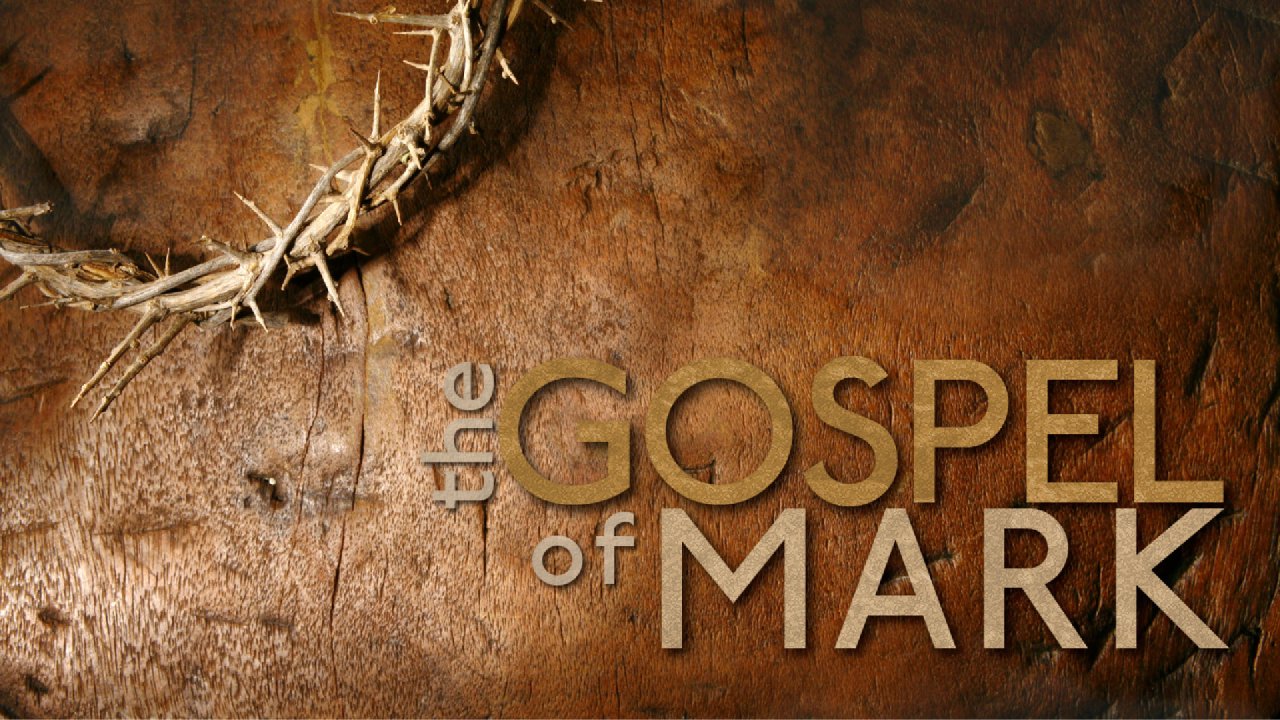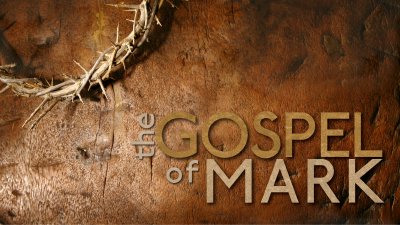Jesus was seeking rest, but “He could not be hidden.” Even in the darkest places of the world, Jesus is there.
A time is coming when the Gentiles will be fed the gospel, but Jesus came first for the Jews (Romans 1: 16). Jesus’ ministry had an order to it. He would FIRST address the remnant of Israel. He needed them to understand that HE is the fulfillment of all that God promised, the Son of God, the Messiah. And THEN the Gentiles would be grafted in.
Jesus was modeling this order in front of his disciples, setting the stage for their future work, which we see play out in the book of Acts. The gospel was spread all throughout Jerusalem first and to the Jewish areas and regions in and around it. Almost like giving the gospel ROOTS, a firm foundation in the very place it started, SO THAT eventually it could and would spread outside of Israel, into the Gentile regions, and ultimately “to the ends of the earth.”
The Syrophoenician (Gentile) woman approached Jesus with humility and reverence (She calls him “Lord!”). She understood who he was and the lesson he was teaching, and she wasn’t offended. She took this analogy a step further, using it to continue her plea. She exhibits such faith, that even a crumb of Jesus’ glory and divinity could heal her daughter. How much does her response stand in contrast to the Pharisees!
This story reminds us of our place before God. We don’t deserve a place at (or under!) the table. Jason Meyer says, “every crumb that [God] bestows on me is given to an unworthy servant . . . ” And yet, God gives us much more than mere crumbs. He showers us with mercy and lavishes us with grace. Jesus seeks us sinners and lost souls, lifts us up from under the table, grafts us into his family and invites up to pull up a chair at his banquet table.
Jesus interacts with the deaf and mute man in a way he could understand, using actions and touch (like sign language) to explain to him what he was doing, breaking all cultural and ritual traditions to do so. He puts his fingers in his ears to say, “I’m going to remove the blockage from your ears so you can hear.” He spit on his hand and then touched his tongue to say, “I’m going to remove the blockage from your tongue so you can speak.” He looked up to heaven to say, “God alone is responsible for this healing. It’s a miraculous gift from him.”
Jesus sees much more than a deaf and mute man needing physical healing. He sees a heart in need of love and compassion. He identifies with this man’s pain; all the sorrow and struggle that comes from a life of not being able to hear or speak. He enters into that pain and, in his Father’s divine power, heals him. Like a prisoner bound in chains, Jesus broken the bonds of his captivity and set him free.
The feeding of the 4,000 took place in Decapolis, a Gentile region. The feeding of the 5,000 took place in a Jewish region. Both crowds were met with his compassion, both crowds were given the same blessings. The same love and care he shows the Jews, he shows the Gentiles. He makes no distinction.
We are a forgetful people. We need reminders all the time. We need daily reminders of our need for repentance, our need for a Savior, and of his love for us, the amazing grace and mercy he pours out on us. The disciples needed those reminders too. They, too, were forgetful. Jesus had to teach them the same lessons over and over again.
God created a world with no deafness, no muteness, no blindness, no sickness. He created a perfect world, and then sin entered in, changing everything. Isaiah 35 gives us a promise of coming glory, in the midst of destruction; a promised Messiah that would give sight to the blind and hearing to the deaf, loosening the tongues of the mute. And now, as we come to the gospel of Mark, Jesus (the Creator himself) has come to undo the effects of the Fall, to make all things new. He does all things well. He's never lost a battle, and he never will.






